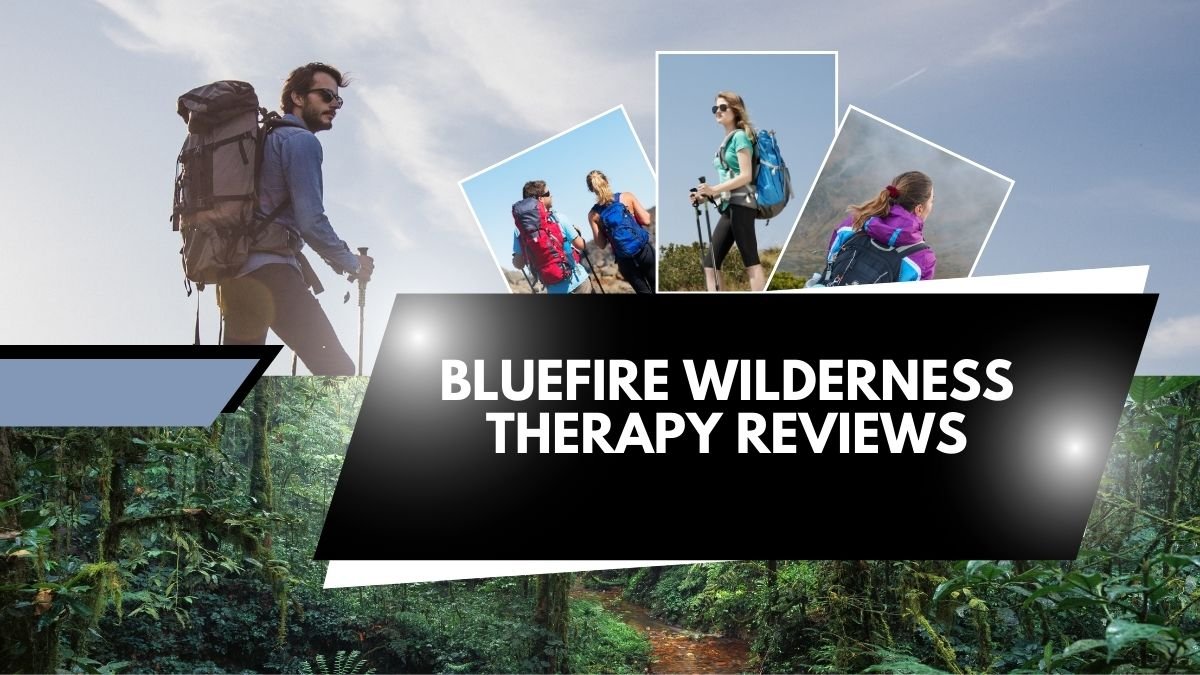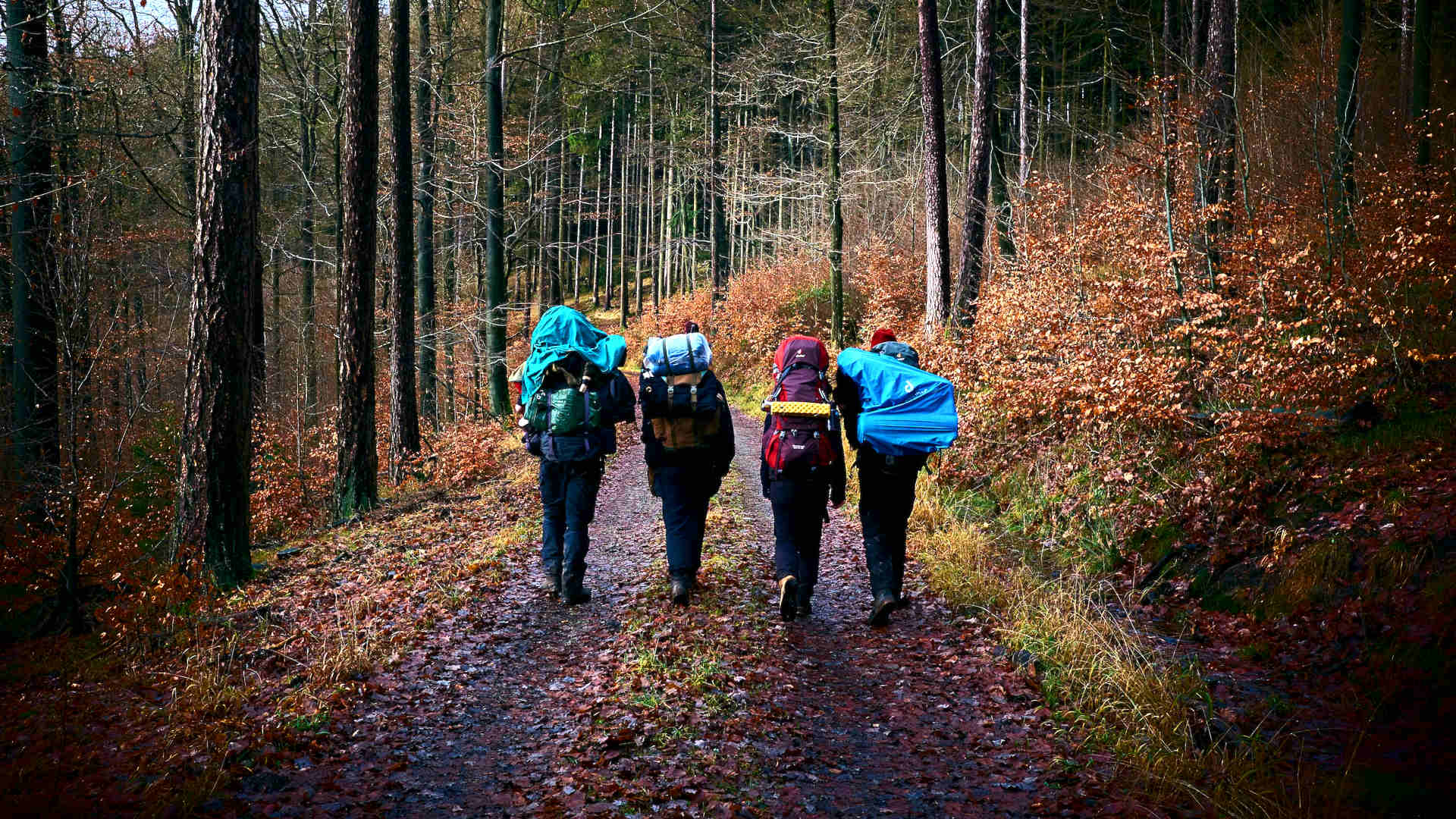
Introduction:
bluefire wilderness complaints, BlueFire Wilderness, once heralded as a beacon of hope for troubled adolescents seeking therapeutic intervention amidst the tranquil landscapes of Idaho, found itself embroiled in controversy and legal scrutiny due to a flurry of complaints. These complaints, ranging from allegations of negligence to ethical concerns, have cast a shadow over the wilderness therapy industry and sparked important conversations about accountability, safety, and ethical treatment. This article delves into the intricacies of BlueFire Wilderness complaints, exploring their origins, implications, and the broader ramifications for wilderness therapy programs.

Understanding BlueFire Wilderness:
Before delving into the complaints, it’s essential to grasp the essence of BlueFire Wilderness. Founded with the noble mission of providing therapeutic wilderness experiences for struggling adolescents, the program aimed to address an array of issues, including substance abuse, behavioral disorders, and mental health challenges. BlueFire embraced a holistic approach, blending wilderness immersion, adventure activities, and therapy sessions to facilitate personal growth and emotional healing.
Must Read=brighton & hove albion f.c. vs man united lineups
Emergence of Complaints:
Despite its noble intentions, BlueFire Wilderness Therapy soon found itself under the harsh spotlight of public scrutiny, as a barrage of complaints surfaced from former participants and concerned families. These complaints painted a troubling picture of alleged negligence, misconduct, and ethical breaches within the program. Among the myriad grievances were accusations of inadequate supervision, unqualified staff, questionable treatment practices, and incidents of harm inflicted upon participants.
Allegations of Negligence:
Central to the complaints against BlueFire Wilderness were allegations of negligence, particularly concerning the safety and well-being of participants. Former participants and their families recounted harrowing tales of dangerous situations encountered during wilderness expeditions, exacerbated by a perceived lack of adequate supervision from staff members. Reports of injuries sustained and emotional distress endured further fueled the narrative of negligence, raising alarming questions about the program’s commitment to participant safety.
Ethical Concerns:
In addition to concerns about safety and supervision, BlueFire Wilderness faced allegations of ethical breaches in its therapeutic practices. Criticisms were leveled at the qualifications of staff members delivering therapy, with claims of untrained personnel administering treatment to vulnerable adolescents. Furthermore, questions arose regarding the efficacy and appropriateness of the therapeutic interventions employed, underscoring the need for greater transparency and adherence to ethical standards within the program.

Legal Ramifications:
The mounting complaints against BlueFire Wilderness culminated in legal action, as aggrieved parties sought redress for perceived injustices and harm inflicted. Legal proceedings scrutinized the allegations of negligence, misconduct, and ethical lapses within the program, probing the veracity of testimonies and evidence presented. While the outcomes of these legal battles varied, they underscored the gravity of the allegations and the imperative for accountability within the wilderness therapy industry.
Implications for the Industry:
The fallout from the BlueFire Wilderness complaints reverberated far beyond the confines of one program, sending shockwaves through the wilderness therapy industry at large. Stakeholders and industry professionals were forced to confront uncomfortable truths about the potential risks and pitfalls inherent in such programs. Calls for enhanced regulations, standardized protocols, and rigorous oversight gained traction, as the industry grappled with the imperative to uphold ethical standards and ensure participant safety.
Lessons Learned:
Amidst the turmoil and controversy, the saga of BlueFire Wilderness offers invaluable lessons for both practitioners and consumers of wilderness therapy services. It underscores the critical importance of thorough vetting and due diligence when selecting a program, emphasizing the need for transparency, accountability, and adherence to best practices. Furthermore, it serves as a poignant reminder of the vulnerable nature of adolescents in crisis and the profound responsibility entrusted to those tasked with their care.

FAQ
1. What are BlueFire Wilderness complaints?
- BlueFire Wilderness complaints refer to grievances and concerns raised by former participants and their families regarding the program’s practices, including allegations of negligence, misconduct, and ethical breaches.
2. What types of complaints have been made against BlueFire Wilderness?
- Complaints against BlueFire Wilderness range from allegations of inadequate supervision and safety concerns to questions about the qualifications of staff members delivering therapy and the efficacy of therapeutic interventions.
3. Are there specific incidents mentioned in the complaints?
- Yes, specific incidents of harm, injuries, and emotional distress experienced by participants have been mentioned in the complaints.
4. How have the complaints impacted BlueFire Wilderness?
- The complaints have cast a shadow over BlueFire Wilderness, prompting legal scrutiny, public scrutiny, and discussions about accountability and ethics within the wilderness therapy industry.
5. Have there been any legal actions taken as a result of the complaints?
- Yes, legal actions have been initiated by aggrieved parties seeking redress for perceived injustices and harm inflicted, leading to legal proceedings and investigations.
6. What are some common themes among the complaints against BlueFire Wilderness?
- Common themes include allegations of negligence, such as inadequate supervision and safety concerns, as well as ethical concerns regarding staff qualifications and therapeutic practices.
7. How has BlueFire Wilderness responded to the complaints?
- BlueFire Wilderness may have responded to the complaints through legal channels, internal investigations, or public statements, although specific details may vary.
8. Have there been any changes in BlueFire Wilderness operations in response to the complaints?
- Details regarding changes in operations following the complaints have not been publicly disclosed.
9. Have there been any financial settlements as a result of the complaints?
- Details regarding financial settlements, if any, have not been publicly disclosed.
10. Are there any ongoing investigations related to the complaints against BlueFire Wilderness?
- It’s possible that ongoing investigations or legal proceedings may be taking place, although specific details may not be publicly available.
11. How have the complaints affected the reputation of BlueFire Wilderness?
- The complaints have tarnished the reputation of BlueFire Wilderness, leading to public scrutiny and questions about the program’s integrity and commitment to participant safety.
12. Are there any industry-wide implications stemming from the complaints against BlueFire Wilderness?
- Yes, the complaints have sparked discussions about accountability, safety standards, and ethical practices within the wilderness therapy industry.
13. What can prospective participants and their families do to address concerns raised by the complaints?
- Prospective participants and their families can conduct thorough research, ask questions about safety protocols and staff qualifications, and seek recommendations from trusted sources before enrolling in a wilderness therapy program.
14. How can individuals report complaints or grievances related to BlueFire Wilderness?
- Individuals can report complaints or grievances related to BlueFire Wilderness through legal channels, regulatory authorities, or consumer advocacy organizations.
15. Have there been any efforts by BlueFire Wilderness to address the concerns raised by the complaints?
- Details regarding efforts by BlueFire Wilderness to address concerns raised by the complaints may vary and may not be publicly disclosed.
16. Are there any support resources available for individuals affected by the complaints?
- Support resources such as counseling services, advocacy organizations, and legal assistance may be available for individuals affected by the complaints.
17. How can individuals verify the legitimacy of complaints made against BlueFire Wilderness?
- Individuals can verify the legitimacy of complaints by seeking information from multiple sources, reviewing testimonies, and consulting with legal or industry experts.
18. Has BlueFire Wilderness made any public statements regarding the complaints?
- BlueFire Wilderness may have made public statements regarding the complaints, although specific details may vary.
19. What steps can wilderness therapy programs take to prevent complaints similar to those against BlueFire Wilderness?
- Wilderness therapy programs can take steps such as implementing robust safety protocols, ensuring staff qualifications, and prioritizing ethical treatment practices to prevent complaints and promote participant safety and well-being.
20. What are some considerations for individuals considering enrolling in a wilderness therapy program in light of the complaints against BlueFire Wilderness?
- Individuals considering enrolling in a wilderness therapy program should carefully research the program, ask questions about safety measures and staff qualifications, and consider seeking recommendations from trusted sources to make informed decisions.
Moving Forward:
As the dust settles on the tumultuous chapter of BlueFire Wilderness complaints, the wilderness therapy industry stands at a crossroads, poised to chart a course towards reform and renewal. By heeding the lessons of the past and embracing a commitment to ethical treatment, safety, and accountability, programs can regain public trust and fulfill their noble mission of guiding troubled youth towards healing and transformation amidst the vast expanse of the wilderness.



